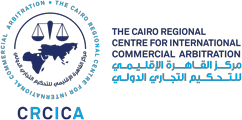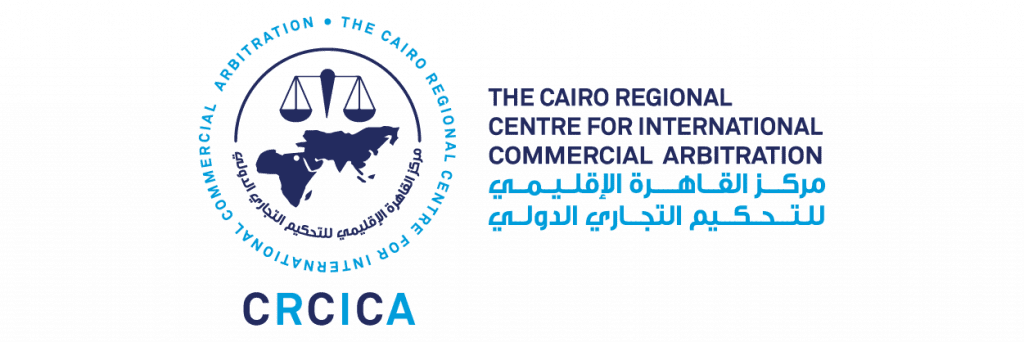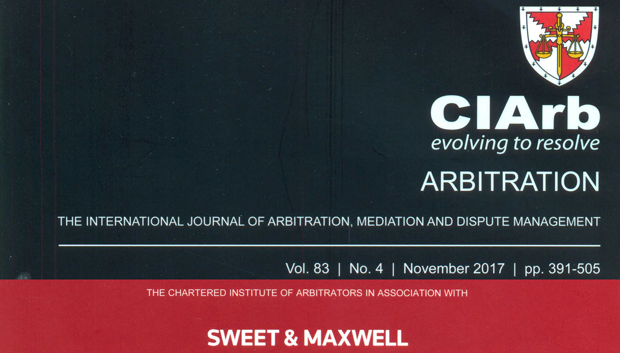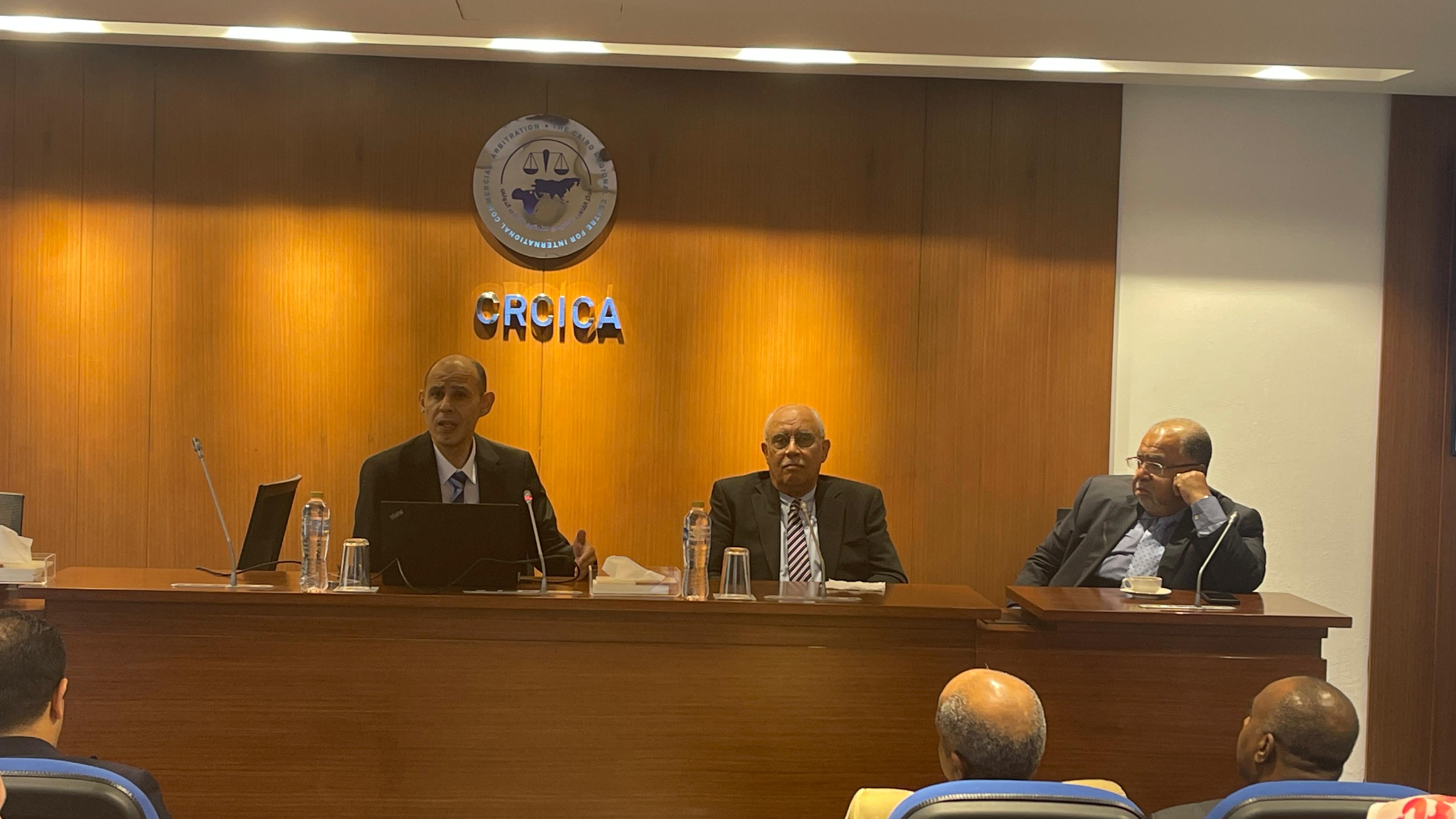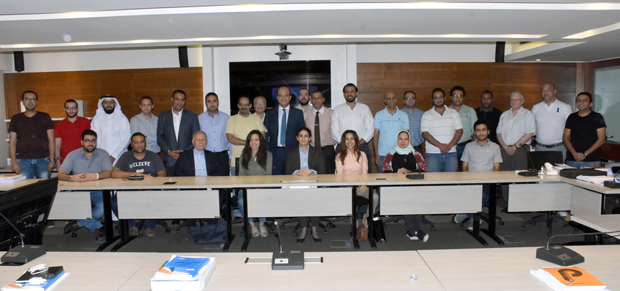
(equivalent to CIArb Module 1: Law of Obligations and Civil Evidence), July 2017:
CRCICA has been approved as a Recognized Course Provider authorized to provide training courses qualifying for the membership of the Chartered Institute of Arbitrators (CIArb). By virtue of this one of the kind stance in the whole Arab region, CRCICA is entitled to hold both CIArb modules; Module I: Law of obligations and Civil Evidence which prepares candidates having no legal background to participate at Module 2: Law of Arbitration. Candidates are then entitled to apply for the CIArb membership.
On 10-15 July 2017, CRCICA held, for the second time, Module 1: Law of Obligations and Civil Evidence under the customized thematic approach “The Contract and the Rules of Responsibility and Evidence”. This tailored course stroke a unique balance between local and regional practices and jurisdictions on one side and international law and practices on the other. The Course was tutored by Dr. Ismail Selim, CRCICA Director, and Dr. Dalia Hussein, CRCICA Deputy Director.
27 Participants were in attendance and were mostly contract managers, contract specialists, contract engineers, and cost engineers. Participants were guided through PowerPoint presentations, writings of famous scholars in the field, court decisions and practical examples, through the process of making, performing and terminating contracts.
The curriculum included: (I) General Introduction to Law- Sources of Obligations- Making of Contracts- Terms of Contracts; (II) Privity of contract- Interpretation of contract- performance- remedies for breach- Termination; (III) Tort and Evidence Law. The program addressed a general introduction to law, explained the meaning of the legal rule and the hierarchy of norms, and focused on contract law and evidence law from a civil law perspective. The program also addressed tort law, as well as elements of liability for tort and for breach of contract. The conditions of the liability in both cases are similar and treated by famous scholars in the same chapters, the sole difference being the element of the fault. Evidence as applied before courts and arbitral tribunals under Egyptian Law was also addressed.
Assessments consisted of two sections; the first one involved two questions and a mock case in evidence law and tort law. The second section consisted of a complicated mock case including issues related to contractual terms, interpretation and performance of contracts, breach of contractual obligations and remedies thereto and limitation on liability and its conditions. Assessment aimed at showing candidates’ level of understanding as well as their ability to present and express their views in law of obligations, evidence and tort law as well as to apply the knowledge they acquired to analyze facts and legal issues and to suggest the best solutions for them.
The Course was well received as it, quoting a participant, “provides the sophisticated legal background non-legal contract managers inevitably need to well perform their duties and avoid contractual risks”.
